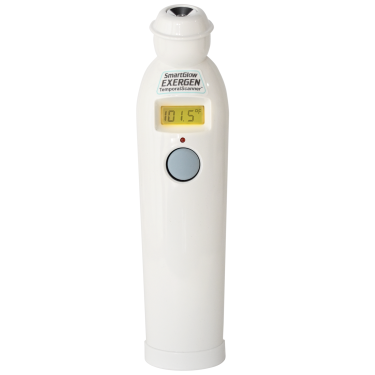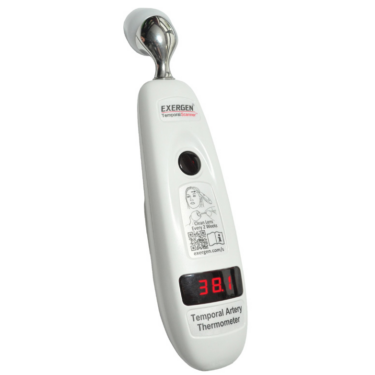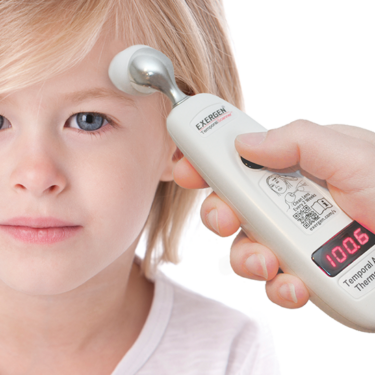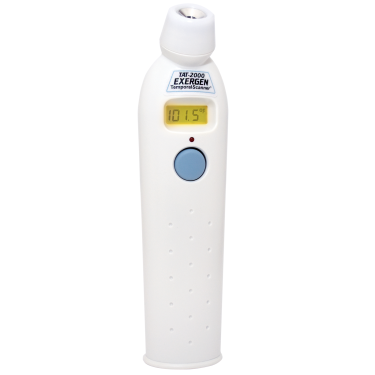Zika is a mosquito-borne disease and especially risky for pregnant women. Infections are mild, but it is linked to birth defects and neurological disorders. Travelers to affected areas need to take preventive measures, especially if pregnant or planning to conceive.
What is Zika?
It is primarily spread by infected Aedes mosquitos. However, it can spread via sexual contact, blood transfusions, and from a mother to her child. According to the World Health Organization (WHO), if a mosquito bites an infected person, it can spread the virus.
Symptoms are often mild and include low fever, rash, joint pain, and red eyes. However, not everyone with Zika shows symptoms, making it difficult to detect and control. It is rarely life-threatening.
Prevention
Travelers should take the following steps to protect themselves:
- Insect Repellent: Use one containing DEET or another EPA-approved ingredient to exposed skin.
- Protective Clothing: Wear light-colored long-sleeved shirts and pants, and hats.
- Stay in Air-Conditioned or Screened Rooms: Stay in air-conditioned rooms or use mosquito nets.
- Avoid Mosquito-Prone Areas: Avoid outdoor activities during peak mosquito times, early morning, and late afternoon.
- Condoms: Since it can be sexually transmitted, use condom.
- Regular Temperature Checks: Since fever is one of the symptoms, making temperature checks is a simple effective step for early detection of infection. Use an Exergen Temporal Artery Thermometer that is reliable, accurate and easy to use.
Travel Warnings and Ongoing Concerns
Travelers should visit sites like the U.S. Centers for Disease Control and Prevention (CDC) for outbreak updates. Recent reports indicate emerging Zika-like viruses in the U.S. that cause severe symptoms, such as brain swelling and miscarriage. These developments underscore the importance of staying vigilant and following preventive measures.
Conclusion
Zika remains a significant health concern, especially for pregnant women and those traveling to regions with active outbreaks. By understanding how the virus spreads, recognizing its symptoms, and taking appropriate precautions, travelers can reduce their risks.
Sources:
- CDC: https://wwwnc.cdc.gov/travel/page/zika-travel-information
- MSN: https://www.msn.com/en-us/health/other/travelers-warned-about-next-zika-that-can-cause-brain-swelling-vomiting-and-miscarriage-it-s-already-come-to-the-us/ar-AA1Bb0wQ
- WHO: https://www.who.int/news-room/fact-sheets/detail/zika-virus
- WHO: https://www.who.int/health-topics/zika-virus-disease#tab=tab_1
EXERGEN P/N 850400, Rev 1





